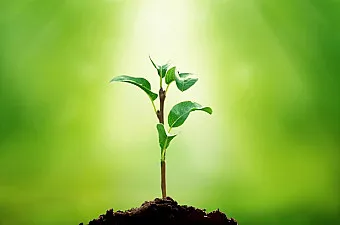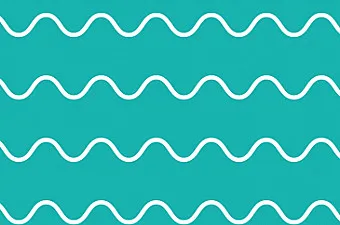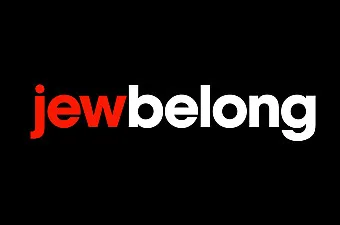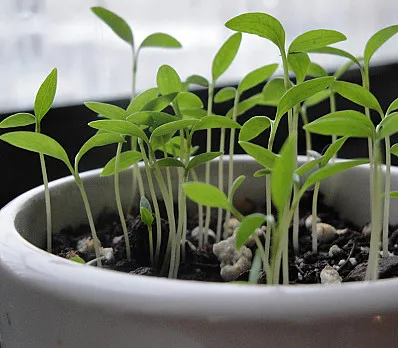EH
CONTRIBUTORS 3 Haggadahs · 14 Clips
E.J. Hummel
Haggadahs by E.J. Hummel
3 Haggadahs
Clips by E.J. Hummel
14 Clips
Support Us
with your donation
Help us build moments of meaning and connection through
home-based Jewish rituals.
Inspired to create
your own Haggadah?
Make your own Haggadah and share with other Seder lovers around the world
Have an idea
for a clip?
People like you bring their creativity to Haggadot.com when they share their ideas in a clip
OUR TOP CONTRIBUTORS
Passover Guide
Hosting your first Passover Seder? Not sure what food to serve? Curious to
know more about the holiday? Explore our Passover 101 Guide for answers
to all of your questions.





















